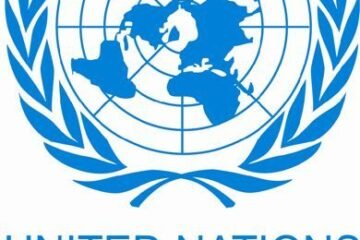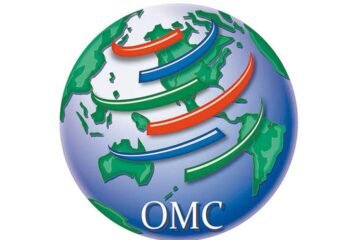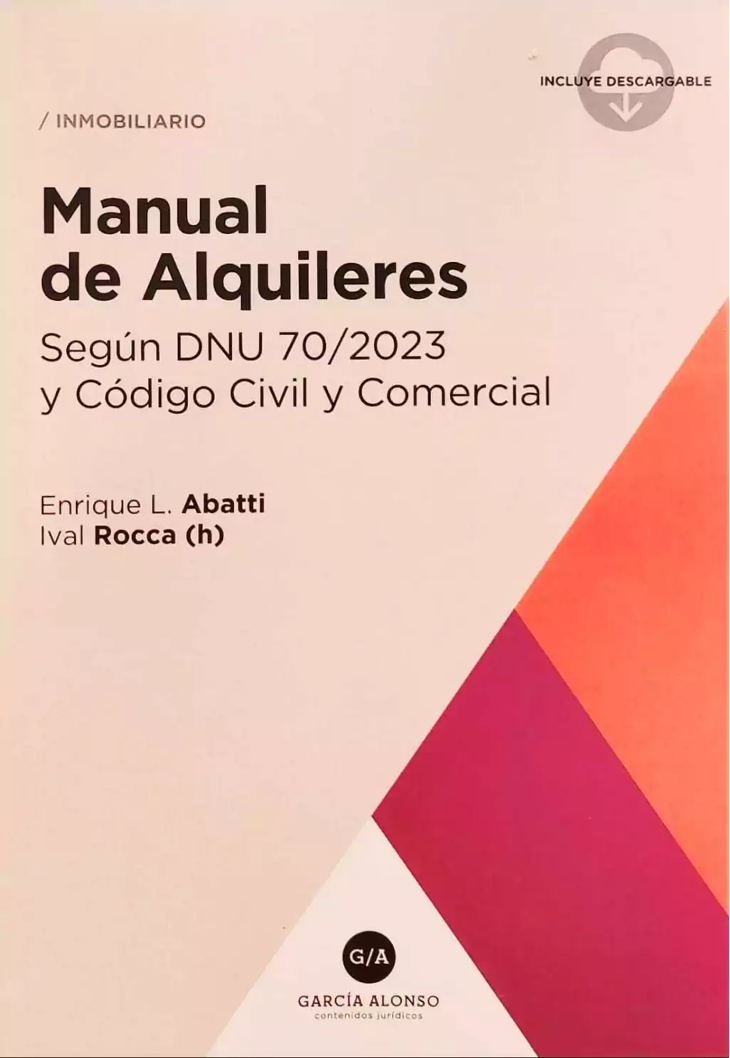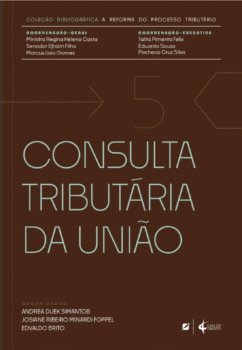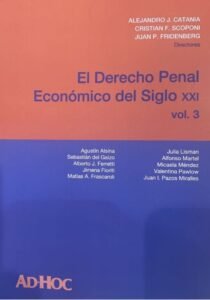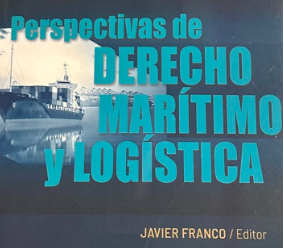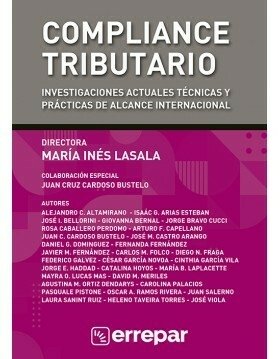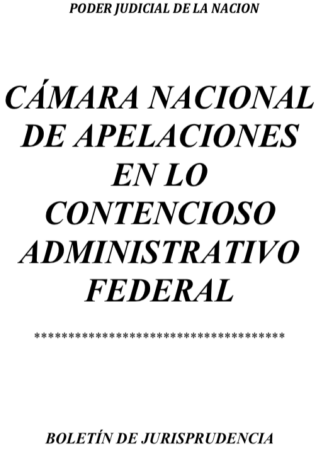OMC – Los Miembros debaten los próximos pasos para hacer avanzar la labor del CCD
En una reunión ordinaria del Comité de Comercio y Desarrollo (CCD) celebrada el 28 de junio, su Presidente, Embajador Muhammad Mujtaba Piracha (Pakistán), anunció que había mantenido consultas “fructíferas y variadas” con los Miembros de la OMC sobre el modo de hacer avanzar la labor del Comité. Las delegaciones también hablaron del trato especial para las exportaciones de los países menos adelantados, las actividades de creación de capacidad y la participación de los países en desarrollo en el comercio electrónico. Además, en una sesión específica del CCD, se examinaron cuatro acuerdos comerciales regionales suscritos entre países en desarrollo.
Ambassador Piracha reported on his consultations with WTO members on advancing the committee’s existing work and on identifying possible new areas for the committee to address.
Current areas of work where progress has been cited as difficult include the full operationalization of the committee’s mandate to act as the focal point for the WTO’s development work, as called for at the 2011 Geneva Ministerial Conference.
Another area of difficulty stems from the 2013 Bali Ministerial Conference, where ministers mandated the establishment of a “Monitoring Mechanism” to serve as a focal point within the WTO to analyse and review the implementation of special and differential provisions for developing countries. The objective is to improve beneficiaries’ ability to utilize them but proposals by members are yet to be made to the committee.
Special and differential provisions are flexibilities granted to developing and least-developed countries (LDCs) to help increase their trade opportunities, such as access to technical assistance activities and longer transition periods to implement agreements and decisions. The WTO’s agreements contain over 150 such provisions.
The chair said members have made suggestions to broaden the discussion on technical assistance for developing countries and LDCs and to assess the virtual capacity-building activities implemented in the context of the COVID-19 pandemic. Members have also called for an exploration of how the WTO could help developing countries recover from the crisis and build resilience to future shocks. The chair also reported an interest by some delegations to discuss the WTO work programme on electronic commerce in the Committee on Trade and Development.
Other topics for potential consideration cited by members include the challenges faced by developing countries in meeting the United Nations Sustainable Development Goals — notably with regards to climate change, natural disasters and desertification — and how to target policymaking towards these goals. Some delegations also highlighted the importance of trade finance and technology transfer and called for discussions on issues of interest to landlocked developing countries.
The chair indicated that he will carry on informal consultations with members and would report back at the next formal committee meeting.
Capacity-building activities for developing countries
The WTO Secretariat carried out 216 capacity-building activities in 2020 despite limitations imposed by the COVID-19 pandemic, benefitting 15,000 participants across the world. WTO members welcomed the revamped Technical Assistance Annual Report, released earlier in June, which they said is more reader-friendly.
The report highlights how technical assistance programmes have helped beneficiaries to improve their understanding of WTO agreements and trade negotiations and play a more active role in the multilateral trading system. The programmes involve both e-learning activities that participants follow individually and group courses held virtually.
Members also drew attention to the dynamic electronic dashboards launched in November 2020 to help WTO members, donor countries and others track the implementation of the WTO’s technical assistance and training programmes via real-time data.
The report can be found here.
Preferential treatment for LDCs’ exports
Reporting on its duty-free and quota-free market access for LDCs, China said that it currently provides duty-free treatment to 41 LDCs on 97 per cent of tariff lines, while an additional two LDCs benefit from duty-free treatment on 95 per cent of tariff lines. It noted that LDCs’ exports to China increased considerably following the application of zero tariffs.
India said it is currently providing LDCs with duty-free market access on 96 per cent of tariff lines and preferential duties on another 2.2 per cent. It said it remained committed to supporting the world’s poorest countries in their integration into the global trading system.
The United States said it imported USD 18 billion worth of LDC goods in 2020, including clothing, shoes, furniture and toys. Out of these, USD 3.5 billion was under the US preference programmes. It also highlighted its trade-related technical assistance programmes, including “Prosper Africa” and “Standards Alliance”.
Developing countries’ participation in electronic commerce
In the discussion on furthering the participation of developing countries in electronic commerce, some members highlighted the importance of discussing the development-related aspects of e-commerce in the committee. The need to develop digital infrastructure and skills and to make products competitive in the digital world were highlighted as priorities for developing countries. India said it is working with other members on a submission on this matter for the committee’s consideration.
The United Kingdom said its Trade and Investment Advocacy Fund is supporting developing countries’ participation in the WTO’s Joint Initiative on Electronic Commerce.
Regional trade agreements and preferential trade arrangements
The chair noted at separate sessions of the committee dedicated to regional trade agreements (RTAs) and to preferential trade arrangements (PTAs) that the WTO Secretariat is unable to finalize the factual presentations of several RTAs and PTAs. This is required under the Transparency Mechanism for RTAs and the Transparency Mechanism for PTAs. The reason is that the concerned members are yet to submit the required data and information. Ambassador Piracha urged these members to do so as soon as possible.
Four agreements between developing countries were considered at the dedicated session on RTAs. These were the Partial Scope Agreement between Mexico and Paraguay, the Economic Complementarity Agreement between Mexico and Brazil, the Preferential Trade Agreement between Indonesia and Pakistan and the Partial Scope Agreement between El Salvador and Cuba. A new notification was made by India and Mauritius concerning the goods aspects of their Comprehensive Economic Cooperation and Partnership Agreement. The full list of RTAs notified by WTO members can be found here.
Notifications of modifications to the Generalized System of Preferences (GSP) schemes of Japan and Kazakhstan were presented at the dedicated session on PTAs. GSP schemes consist of preferential tariffs granted by developed countries to imports from developing countries, with the objective of increasing their participation in world trade. More information on the PTAs implemented by WTO members can be found here.
Fuente: OMC





